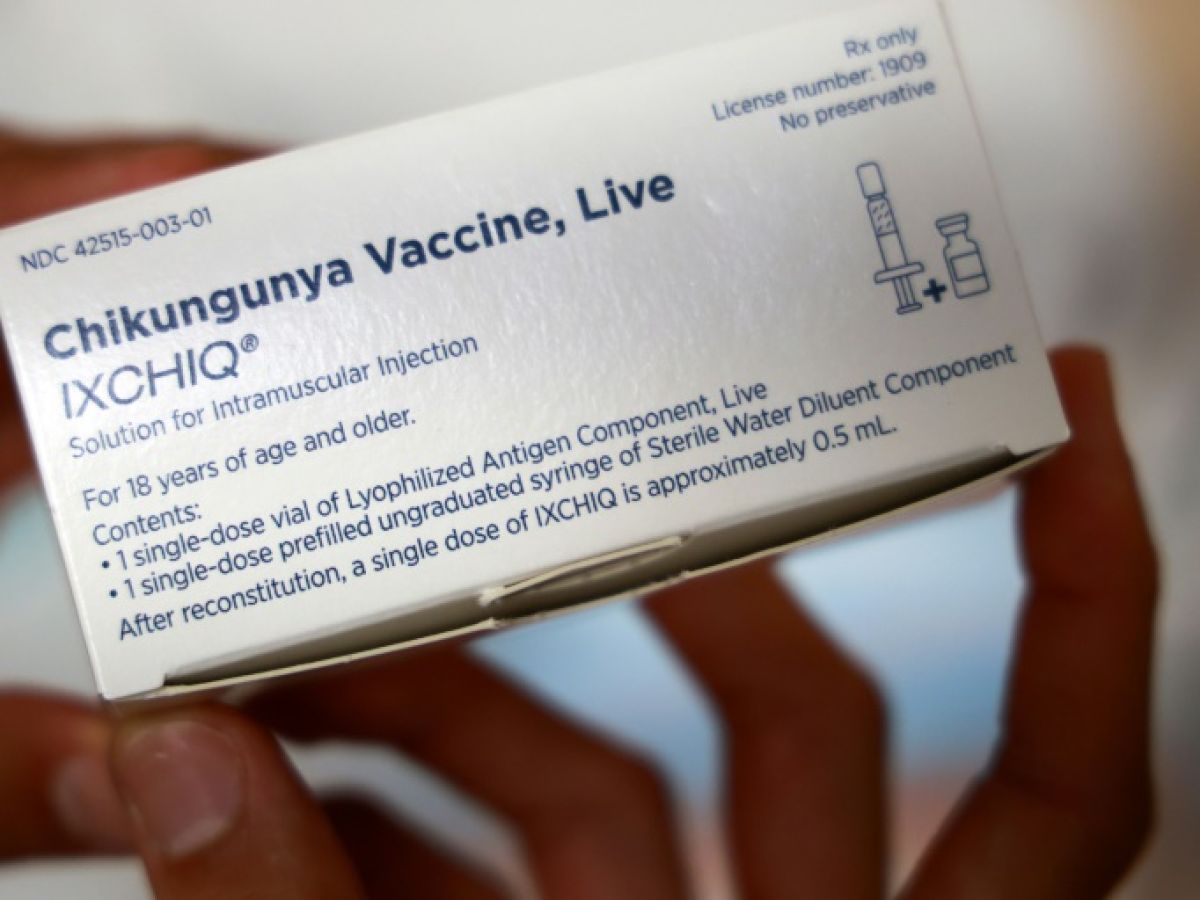The chikungunya epidemic in Réunion is "widespread and major" and "continues to progress," Public Health France stressed on Wednesday, reporting nearly 6,300 new cases in the last week of March.
Since the beginning of the year, a total of 27,521 cases of chikungunya have been recorded on the island, the public health agency noted. From March 24 to 30, 6,289 new cases of the mosquito-borne virus were recorded, it said.
Although it is affecting more of the south and west of Réunion, "the epidemic continues to spread throughout the country and the combined analysis of all indicators suggests that the epidemic peak does not yet appear to have been reached," SpF stressed.
The indicators in general medicine, emergency rooms and hospitals continued to rise at the end of March, according to its bulletin.
The impact of hospitalizations and serious cases is observed in fragile people, infants, the elderly, people with chronic illnesses and pregnant women, in whom the disease can be serious.
So far, 189 hospitalizations lasting more than 24 hours have been reported, nearly half of which involved people over 65 years old, and a quarter of those under 6 months old, the health agency said.
And 36 serious cases have been recorded so far: 19 seniors over 65, one person with comorbidities and 16 infants under 2 months old.
Since the beginning of 2025, two deaths of people over the age of 75 have been directly linked to chikungunya. Several deaths are currently under investigation to determine whether they are attributable to the disease.
There is no specific treatment for the disease, but a vaccination campaign was launched on Monday by the Minister for Overseas Territories, Manuel Valls, who visited the island.
The first 40,000 doses of the Ixchiq (Valneva) vaccine are intended for people aged 65 and over with comorbidities, who can be vaccinated free of charge.
The vaccination campaign will be extended to those over 18 with comorbidities as soon as 50,000 new doses arrive, expected "at the end of April," according to the minister.
On Friday, the university hospital (CHU) announced the activation of the white plan in response to "a situation of persistent tension regarding the availability of hospital beds (and) a very significant increase in the activity of (...) emergency services for several days."
Prior to the current outbreak, no cases of chikungunya had been reported in Réunion since 2010. A major epidemic there affected 260,000 people and caused 225 deaths between 2005 and 2006.

